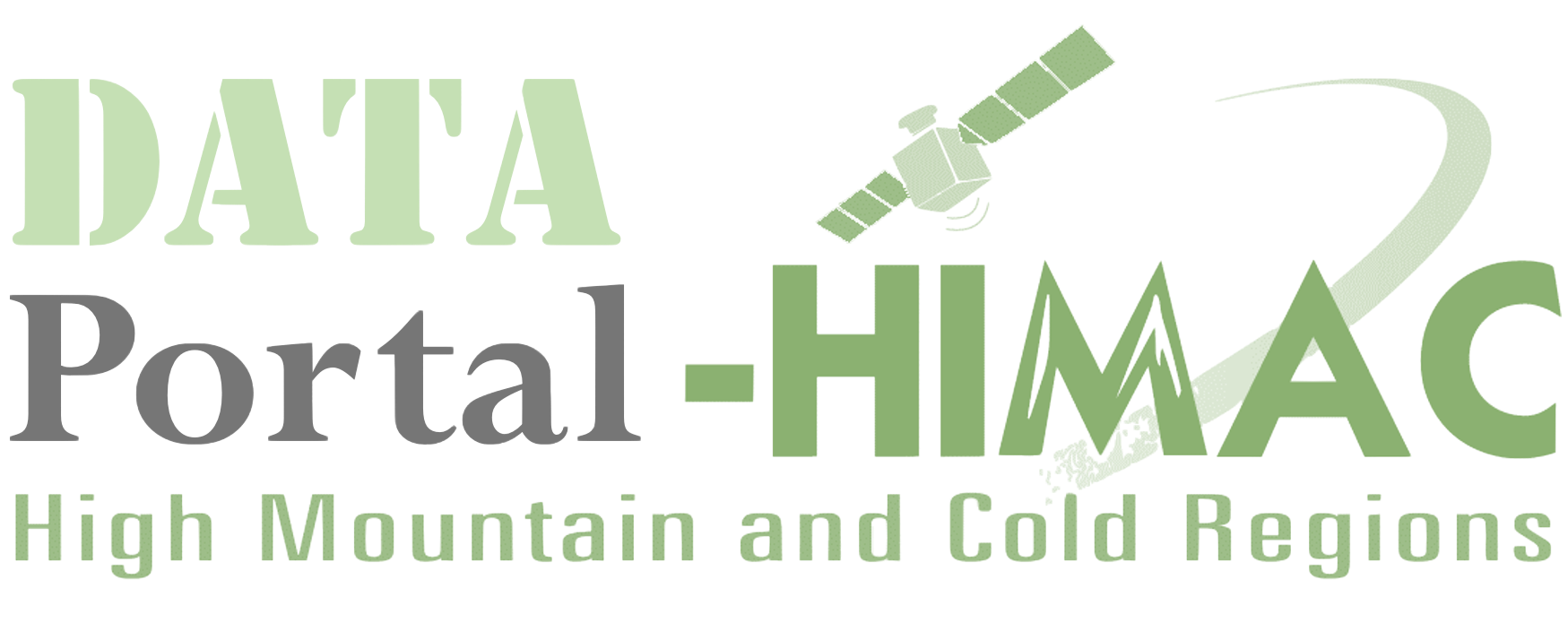You're currently viewing an old version of this dataset. To see the current version, click here.
Arctic Small Communities Preparedness Database and Map [Draft]
Data and Resources
This dataset has no data
Additional Info
| Field | Value |
|---|---|
| Source | https://ppr.arcticinfrastructure.org/ |
| Last Updated | August 27, 2021, 08:29 (UTC) |
| Created | August 27, 2021, 08:29 (UTC) |
| Data Management | Data Documentation Complete documentation of all datasets shall be provided, at the time data of data submission, to prevent misuse, misinterpretation, and confusion. Documentation provides information about the methodology and procedures used to collect the data, details about codes, definitions of variables, variable field locations, frequencies, etc. The precise content of documentation will vary by scientific area, study design, the type of data collected, and characteristics of the dataset. Documentation shall include entry into Arctic-NET, CARMA’s meta-data storage system, of all relevant fields. 3.2 Data Submission CARMA is responsible for receiving data from project partners. Each project shall complete one or more Data Submission Form(s) (DSF) to describe datasets supplied. CARMA shall keep a copy of all submission forms. The forms may be amended at any time by the data owner by filing a revised form. 3.3 Data Storage CARMA will ensure all data is stored in a secure manner. Any Restricted Data shall be protected by a password protected user account. CARMA will review user accounts on a regular basis and remove access where users can not be contacted or where agreed use periods have expired. |
| Data Policy | The purpose of a CARMA Policy on Data sharing and Confidentiality is: • To ensure that CARMA treats data in a responsible manner, respecting data ownership while promoting data sharing and usage; • To ensure CARMA will respect and safeguard local and traditional knowledge and all related tangible and intangible cultural heritage of polar communities • To clarify issues of intellectual property, publication rights, data ownership, data disclosure, and data confidentiality; • To define the role of the CARMA Data Submission Form (DSF) for both submission of digital and physical data to the CARMA data bank and the tissue (physical) storage bank; • To define the role of the CARMA Data Request and Use Form (DRF); • To ensure effective and consistent provisions of national, regional and local acts and regulations which protect privacy. In cases where specific agreements have been signed these agreements will be authoritative over this policy. 2.0 Definitions CARMA – CircumArctic Rangifer Monitoring & Assessment Network Restricted Data – - datasets that cannot be distributed to the general public, because of, for example, third-party licensing or use agreements. Data – Data, as used herein, includes both data gathered during CARMA funded projects and shared retrospective data that contribute to CARMA objectives. Data Submission Form (DSF) – CARMA form outlying the how CARMA may share data. Data Request and Use Form (DRF) – CARMA form used to request access to data Meta-Data - Metadata may be defined as all the information necessary for data to be independently understood by users and to ensure proper stewardship of the data. Metadata are essential to the discovery, access, and effective use of data. All CARMA data must be accompanied by a full set of metadata that completely document and describe the data. |
| Data Sharing Principle | Although the originator of the data retains ownership, the objective of CARMA is to have widespread access through the free and unrestricted sharing of data. Recognizing that the value of data often depends on their timeliness, data sharing should occur in a timely fashion. CARMA expects the timely release and sharing of data to be no later than the acceptance for publication of the main findings from the final dataset. CARMA, as a distributor of data, does not assume liability for the data quality or accuracy. CARMA shall grant general public use of data when there are no restrictions associated with the data file. CARMA shall grant access to Restricted Data when all the following conditions are met: • The Data Request Form is completed and signed; • A legitimate need is demonstrated; • The restrictions associated with the data use can be met and verified. Access to Restricted Data is not transferable. 3.5 Confidentiality Since CARMA is primarily associated with wildlife information it is anticipated that personal information will be minimal. Nevertheless, CARMA will keep all personal information confidential. CARMA will respect the following federal statutes: • Freedom of Information and Protection of Privacy Act • Personal Information Protection and Electronic Documents Act • Privacy Act • Access to Information Act 3.6 Acknowledgement It is appropriate for scientific authors to acknowledge the source of data upon which their manuscript is based. Many investigators include this information in the methods and/or reference sections of their manuscripts. Journals generally include an acknowledgement section, in which the authors can recognize people who helped them gain access to the data. CARMA should be explicitly acknowledged on all data requested using the DRF. |
| Database Level | Project |
| FIAR | No |
| Host Country | International |
| Host Institute | ARCTIC COUNCIL |
| Opening Degree | Open |
| Organizer | ARCTIC COUNCIL |
| Region | Arctic |
| Source of Data Policy | Inheritance |
| Theme | Sociology |
